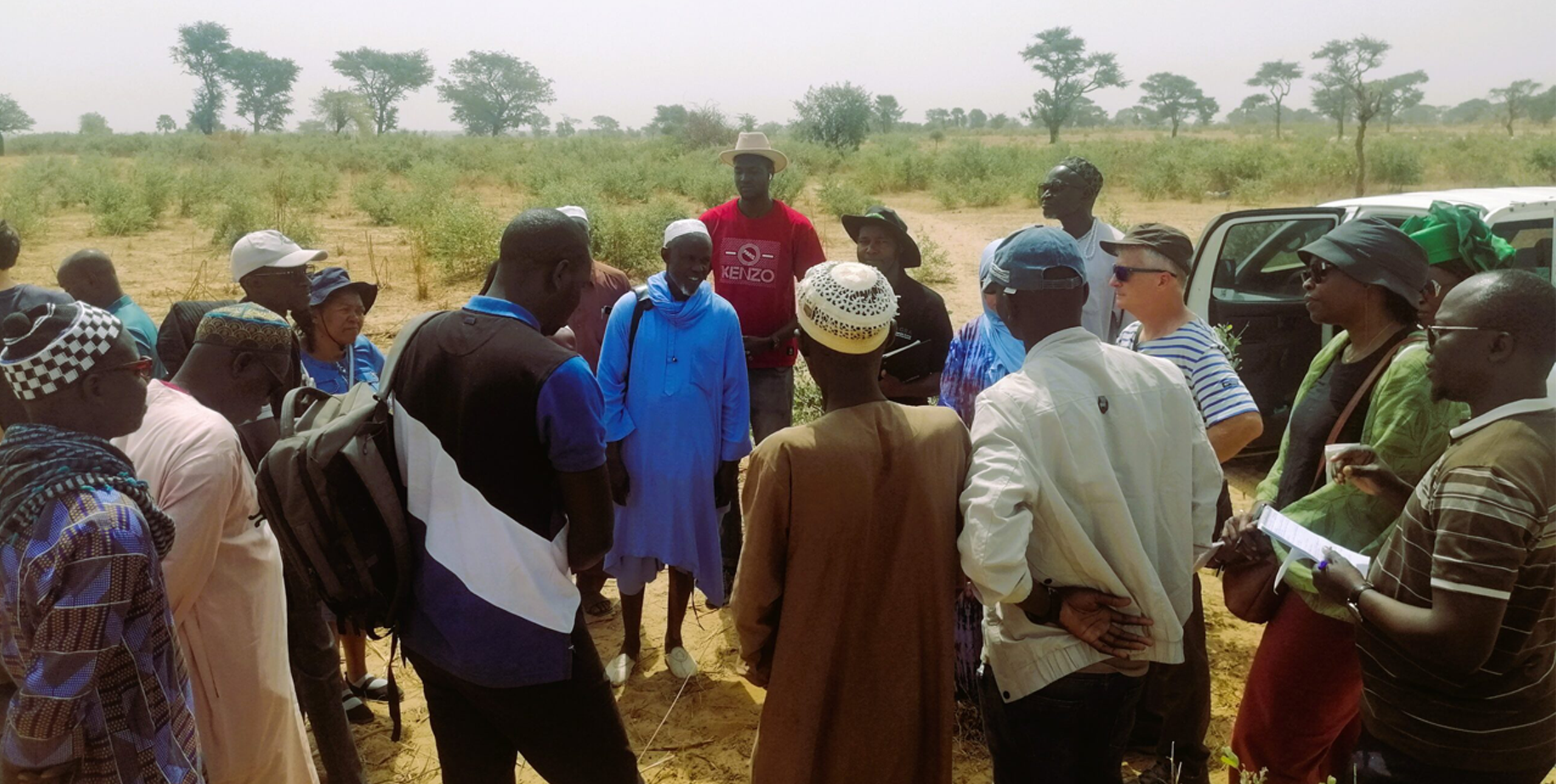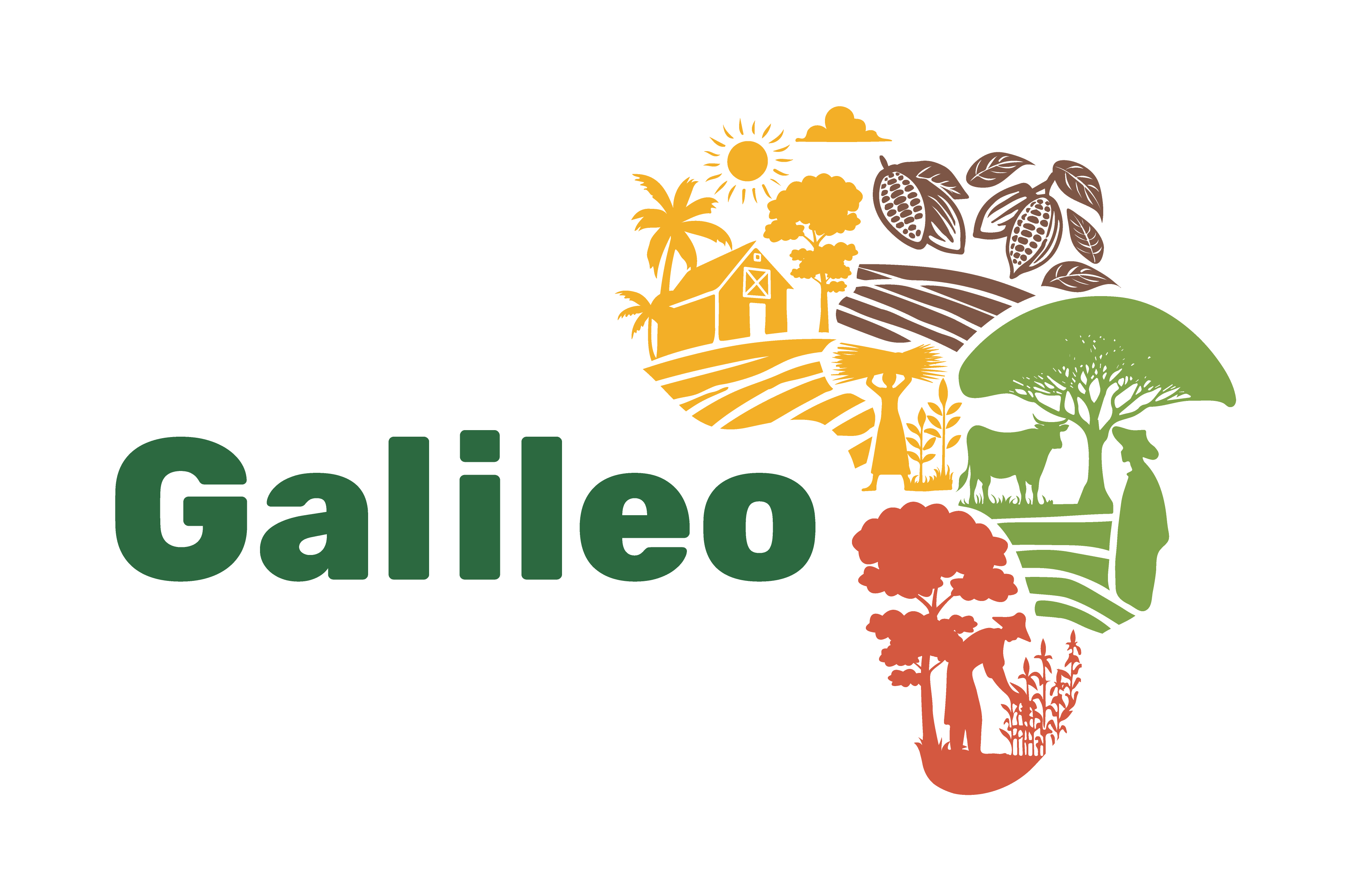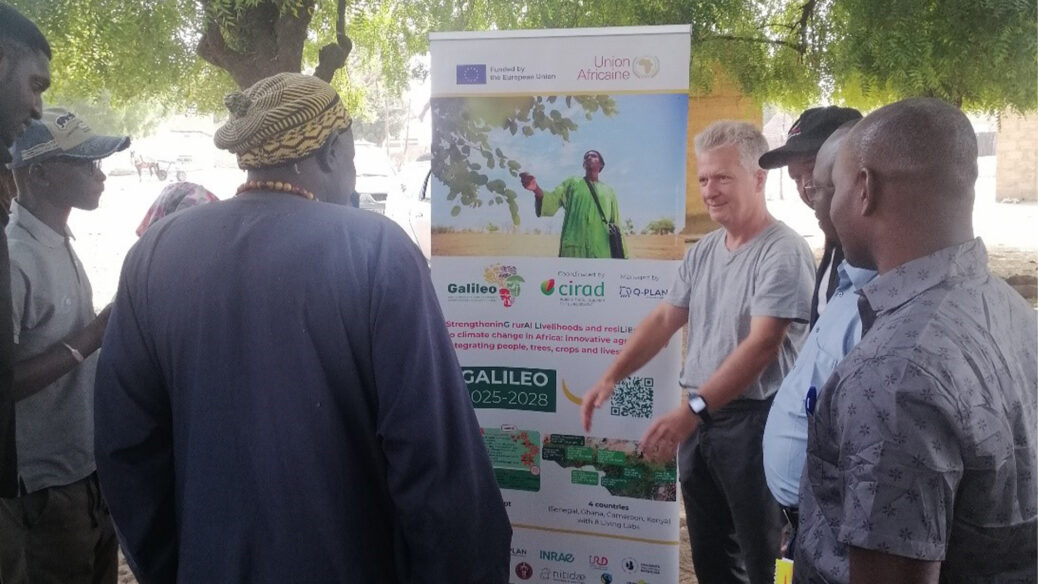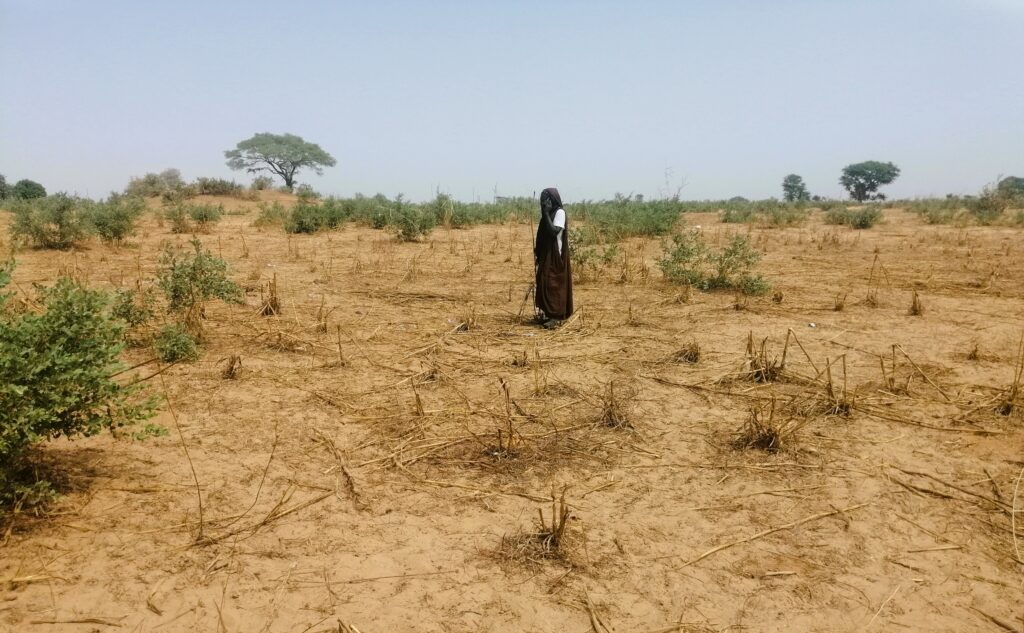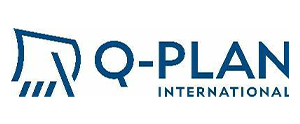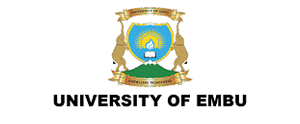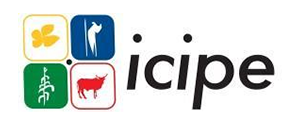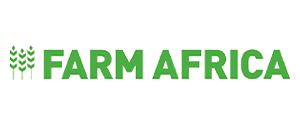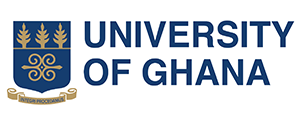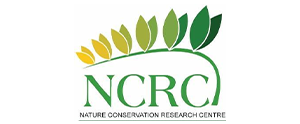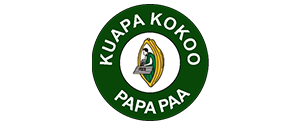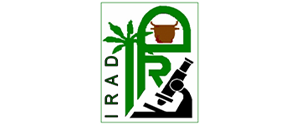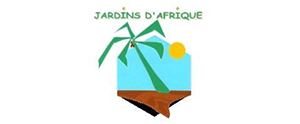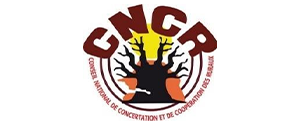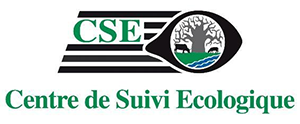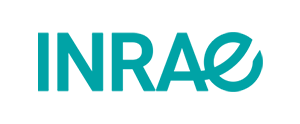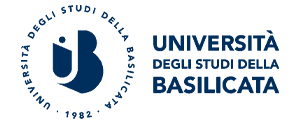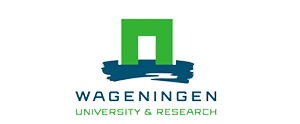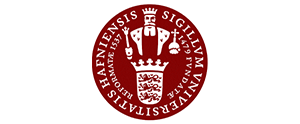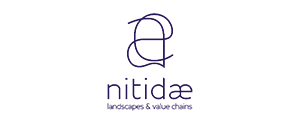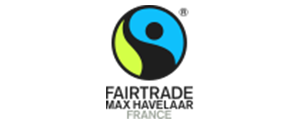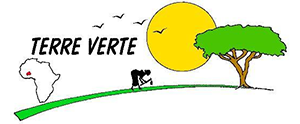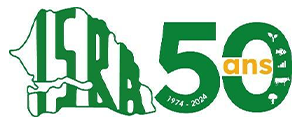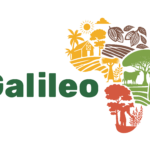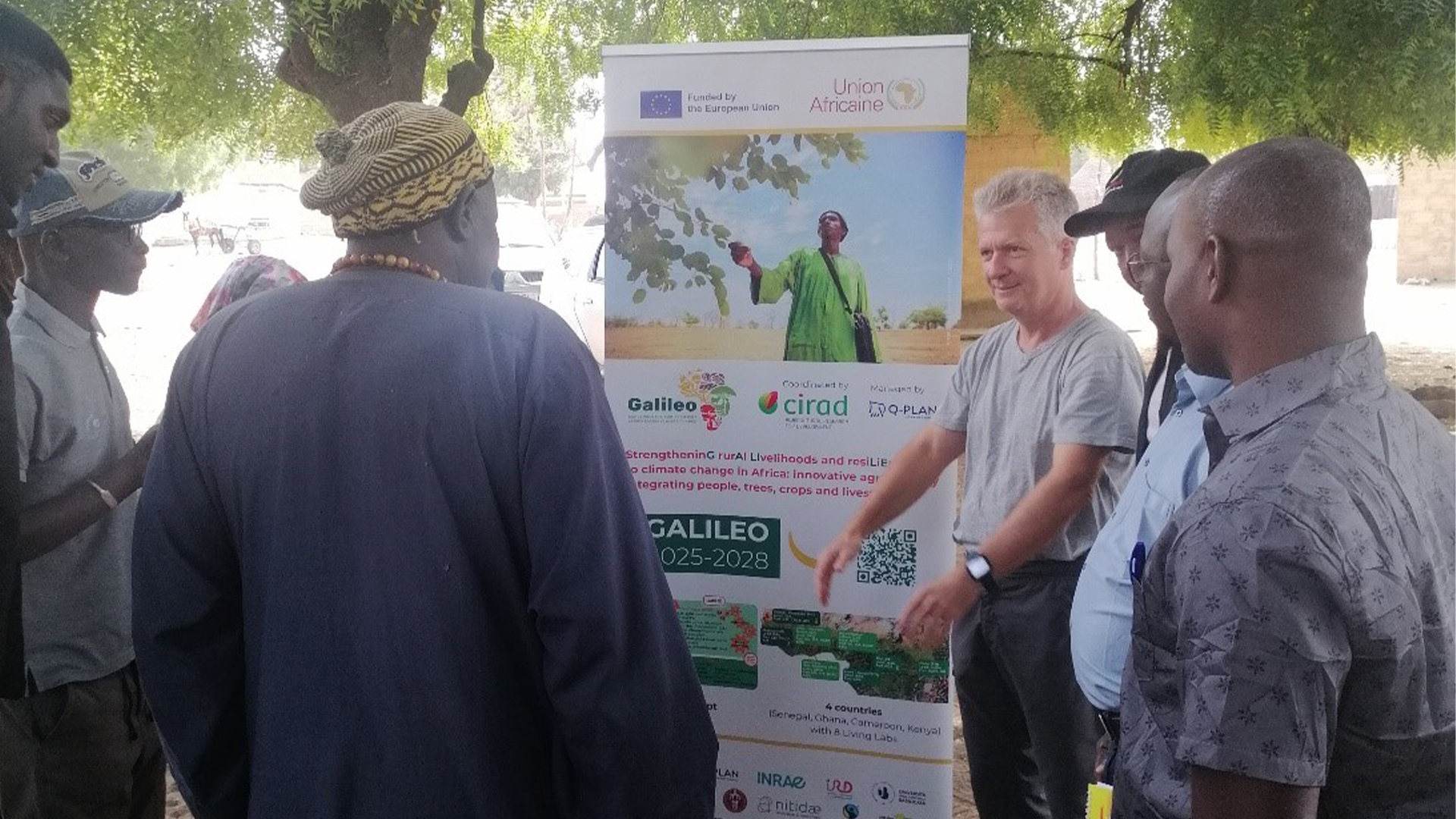
28 April 2025
Written by Gian Nicolay, FiBL
Planting Seeds for the Future: GALILEO Takes Over Two Living Labs to Continue the Agroforestry Legacy of SustainSAHEL in Senegal
February 2025 marked an exciting chapter for agroforestry innovation in Senegal. From the 14th to the 18th, an international team of researchers and development experts from the GALILEO project traveled deep into the heart of Senegal’s farmlands—bringing with them new energy, fresh ideas, and a shared vision for sustainable change.
Following the GALILEO project kick-off meeting in Dakar, the delegation visited two key areas of intervention: Niakhar, nestled in the densely populated Serer region, and Ouarkhokh, a semi-arid zone located three hours north, home to Fulbe communities. What made this visit particularly meaningful was not just the diversity of the delegation, with experts from as far as Cameroon, Kenya, and Europe, but their firm commitment to continuing the SustainSAHEL project’s work, led by the Swiss-based FiBL, a Horizon 2020 research program.
1. Agroforestry in Action: Lessons from Niakhar
In Niakhar, the team witnessed firsthand how the community-driven innovation platform, spanning four involved rural communes, is already making waves. Local farmers are rethinking the use of native shrubs like Guiera. Once routinely burned, Guiera is now cherished for its ability to boost soil fertility, acting as a natural alternative to costly mineral fertilizers. Used as mulch in grain fields, it’s improving yields and farmer income – proof of how ecological solutions can deliver economic wins.
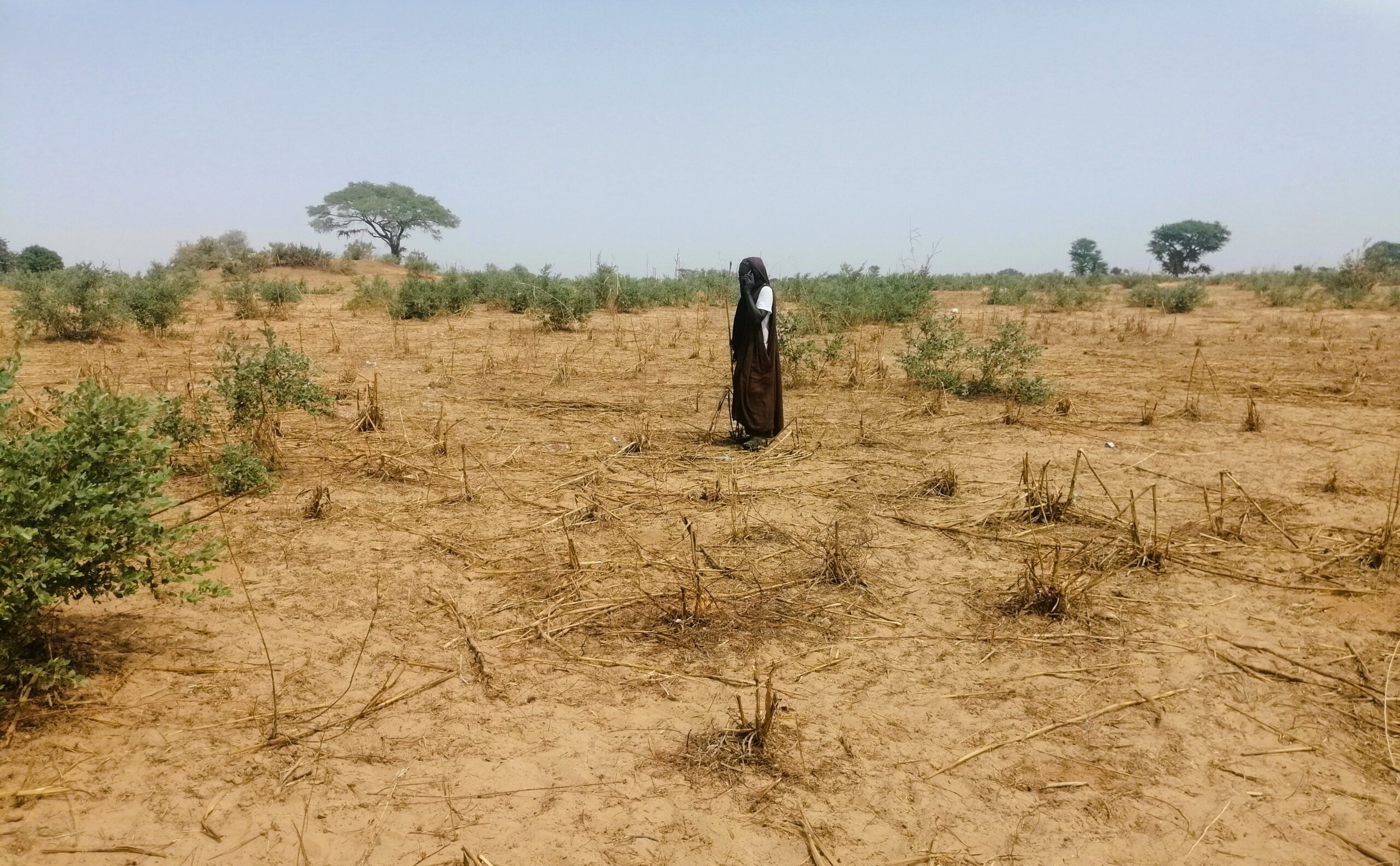
Inspired by local ingenuity, GALILEO researchers are already think loud on how to model, at village level at least, a way to systematically promote hedges with the double purpose of providing more fodder and so intensify with livestock the production system. GALILEO could combine such a model with enhancing biodiversity, and at the same time, anticipate ways of probable climate scenarios with changing water regimes.
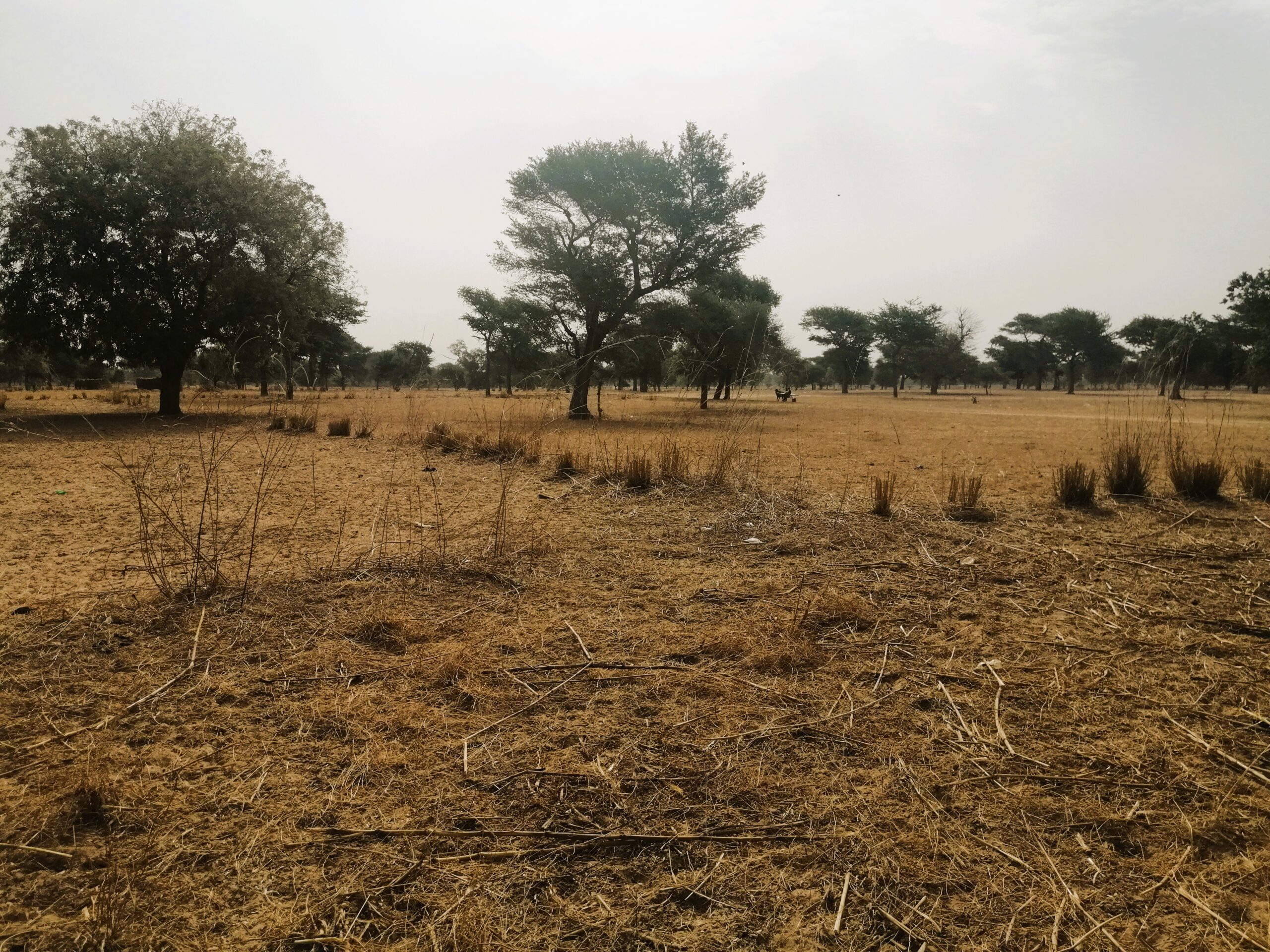
This evolving collaboration between farmers and researchers, particularly those from Senegal’s own ISRA (Institute of Agricultural Research), reflects the spirit of a Living Lab – a space where innovation is born from real-life challenges and co-created solutions.
2. Northern Frontiers: Continuing the Work in Ouarkhokh
From Niakhar, the GALILEO team traveled north to the drier lands around Dahra and Ouarkhokh, where agro-pastoral systems dominate, and fields stretch wide in a more arid area. Here, too, innovations centered on trees and shrubs are taking root. Local herders and farmers welcomed the GALILEO team with enthusiasm, embracing the opportunity to build on the foundation laid by SustainSAHEL.
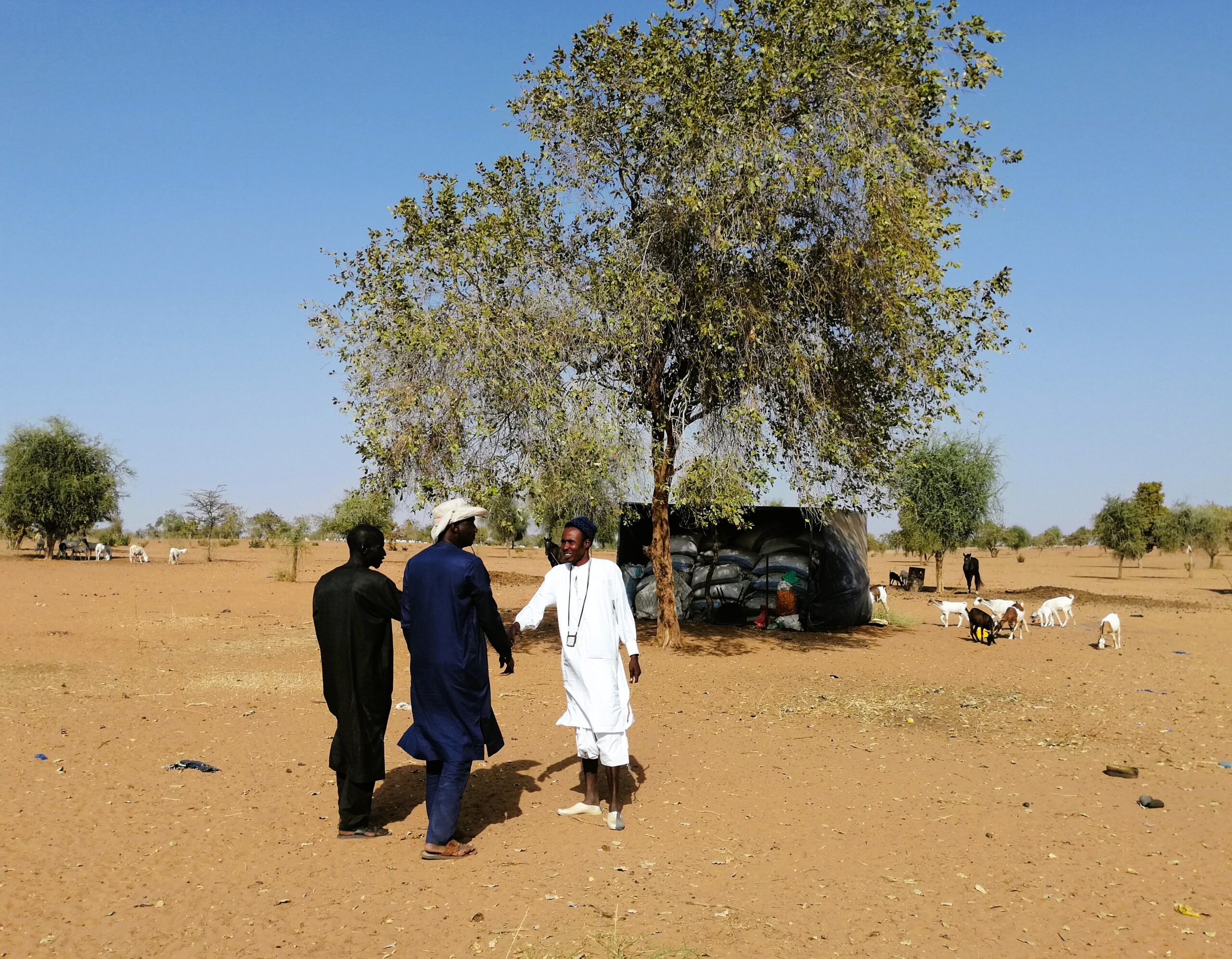
The challenges are similar in both territories and Living Labs: time, collaboration, and cultural integration. Sustainable change doesn’t happen overnight – it grows slowly, and that’s exactly what GALILEO aims to nurture.
3. GALILEO’s Vision: Innovation Rooted in People and Place
GALILEO is commited to co-developing agroforestry systems that are tailored to local realities. By relying on Multi-Actor Approaches (MAA), GALILEO engages a rich mix of voices – farmers, scientists, local leaders – to co-create solutions that are as diverse as the landscapes they serve.
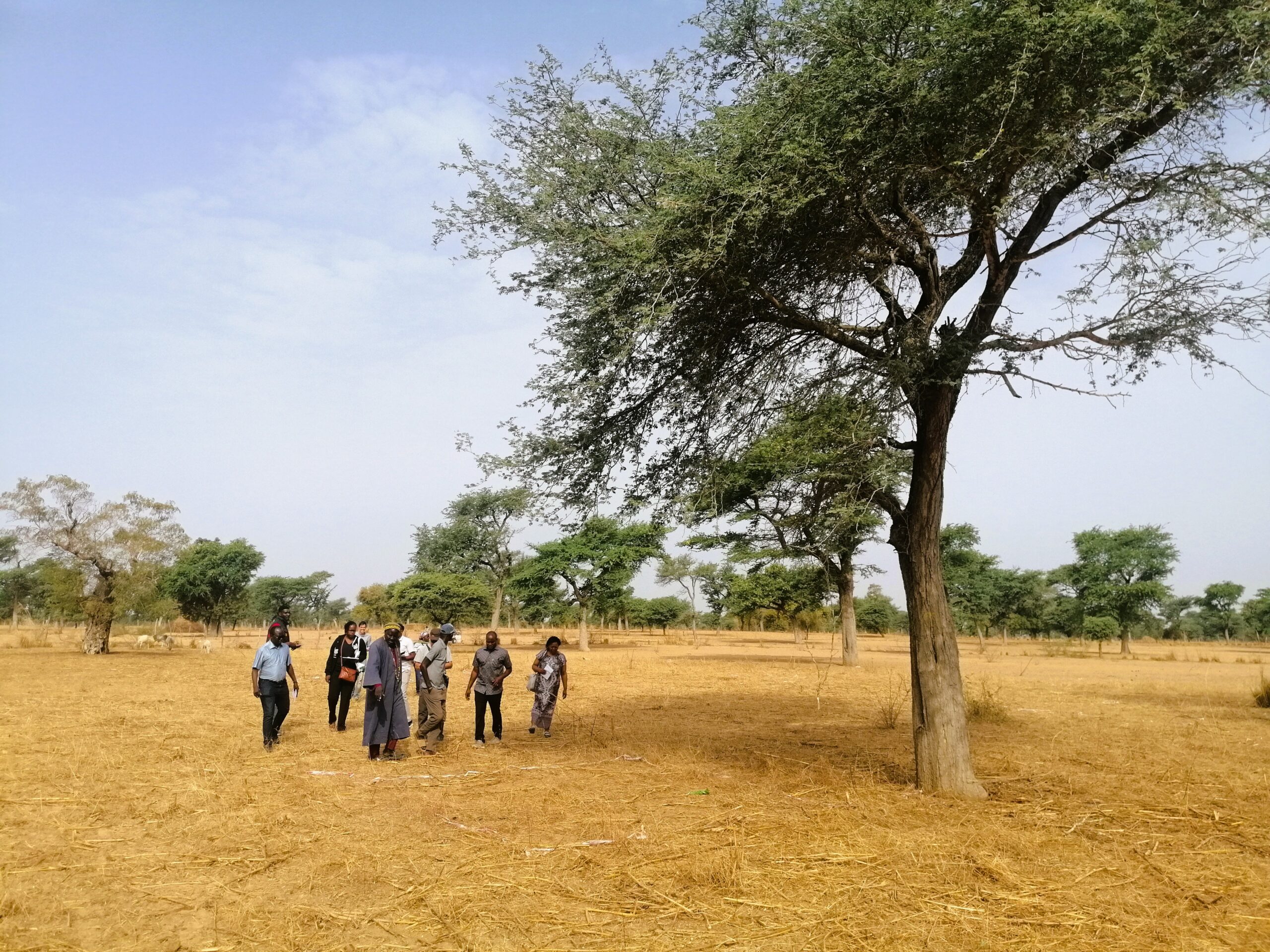
With work now underway not only in Senegal, but also in Ghana, Cameroon, and Kenya, the GALILEO project is planting the seeds of transformation across Sub-Saharan Africa. And in Senegal, the roots are already deep – thanks to years of trust, collaboration, and shared learning.
As the team has begun its first year of on-the-ground activities, the focus is clear: listen first. By learning from the experiences, practices, and aspirations of local farmers, GALILEO hopes to grow innovations that are not only effective – but truly owned by the communities they serve.
